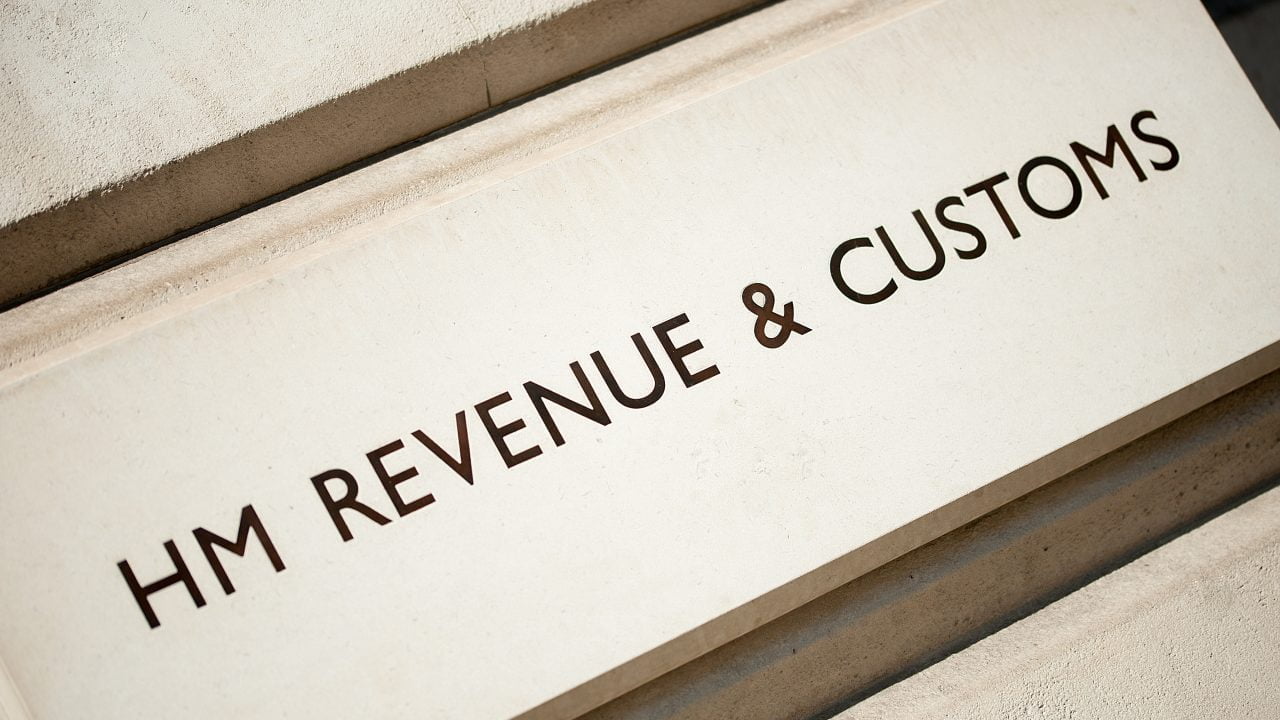UWOs were only recently introduced by the Criminal Finances Act 2017 as new investigative orders and are governed by sections 362A to 362T of the Proceeds of Crime Act 2002 (“POCA”).
UWOs are a mechanism available to enforcement authorities like the National Crime Agency, Her Majesty’s Revenue and Customs, the Financial Conduct authority, the Serious Fraud Office or the Director of Public Prosecutions, to apply to the High Court to obtain information from respondents about the source of funds prior to any application for recovery of assets suspected to be proceeds of crime. They must be made in respect of specific assets and against the person whom the enforcement authority thinks holds those assets.
UWOs require the respondent to provide a statement (in accordance with s362A(3) of POCA):
a. setting out the nature and extent of their interest in the property in respect of which the order is made;
b. explaining how they obtained the property (including in particular how any costs incurred in obtaining it were met);
c. where the property is held by trustees of a settlement, setting out such details of the settlement as may be specified in the order; and
d. setting out other such information in connection with the property as may be specified.
A respondent can be ordered to produce documents in support of his statement.
What are the criteria?
In order to make an UWO, the High Court must be satisfied of the following four criteria set out in s362B of POCA:
(1) There is reasonable cause to believe that the respondent holds the property;
UWOs are directed to specific property as well as individual respondents, so the court must be satisfied that there is reasonable cause to believe that they hold the property. “Property” is defined in the broadest terms and means all property wherever situated, including money, real and personal property, shows an action and other intangible property (s414(1) of POCA).
Those “holding” property include persons having effective control over the property, as well as the trustees and (actual or potential) beneficiaries of any settlement which comprises the property (s362H(2) of POCA). A person is deemed to have “effective control” if it is reasonable to conclude that they exercise or are able or entitled to exercise direct or indirect control over the property (s362H(3) of POCA); as well as persons who hold an interest in the property, which means for land in England and Wales any legal estate or equitable interest or power, and for any other property a right including a right to possession (s414(3) of POCA).
POCA specifically provides that it is irrelevant whether other people also hold the property (s362B(5)(a)) or whether it was obtained before or after the law providing for UWOs came into force (s362B(5)(b)).
(2) The property’s value is greater than £50,000;
There must be reasonable cause to believe the property meets the de minimis valuation threshold of £50,000. If a UWO is sought in respect of multiple items of property, the total value of the property must be greater than £50,000 (s362B(10)).
(3) The known sources of the respondent’s lawfully obtained income would have been insufficient for the purpose of enabling him to obtain the property;
This disparity requirement is the main justification of a UWO. This requirement places a burden on the applying enforcement authority to make inquiries of the respondent’s income.
POCA provides a set of statutory guidance and assumptions in dealing with this point (s362B(6)). The court will assume the property was purchased for its market value and regard will be had to any security such as a mortgage that would have been reasonably available to the respondent at the time of purchase. “Lawfully obtained” income is defined as income that was lawfully obtained under the laws of the country in which it was obtained and “known” sources of income mean the income from employment, assets or otherwise that are reasonably ascertainable from available information at the time of the application for a UWO.
(4) The respondent is a politically exposed person (“PEP”) OR there are reasonable grounds for suspecting that the respondent has been involved in serious crime (in the UK or elsewhere) or that a person connected with them has been.
A PEP for these purposes is defined by s362B(7) of POCA as an individual who is or has been entrusted with prominent public functions by an international organisation or a state other than the UK or an EEA state; or a family member, close associate or a person otherwise connected with such above person.
If the respondent is not a PEP, the court must be satisfied that there are reasonable grounds for suspecting that the respondent or a person connected with him was involved in serious crime. An activity is considered to be a “serious crime” if it falls under the types of offences set out in Part 1 of Schedule 1 of the Serious Crime Act 2007 (s362B(9) of POCA). If carried out abroad, it must be a crime abroad and fall within the definition of a serious offence if it was carried out in England and Wales. Such offences include (but are not limited to) drug trafficking, terrorism, fraud, tax offences, bribery, blackmail, organised crime, sanctions offences and money laundering. Thereby money laundering is dealing with, or even possession of, the proceeds of any crime (even minor crime).
How can we help?
Our team of highly experienced white collar crime solicitors can advise if you are worried that a UWO could be made against you or if a UWO has already been made against you.
At the same time, we advise on and help liaise with enforcement authorities if you believe a UWO should be made against someone.
We also regularly give seminars and provide training to organisations as well as individuals on the effects of the Criminal Finances Act 2017 and in particular UWOs.
For more information, please contact Anna Buch, Partner in the Litigation & Dispute Resolution team.
